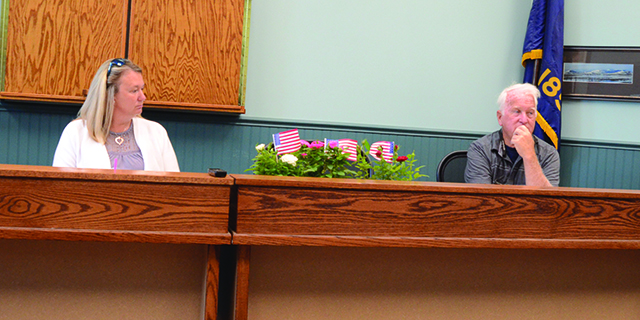Oil-train accident won’t be the last
Published 8:16 am Tuesday, June 7, 2016
It is unsurprising that a train hauling Bakken crude oil from North Dakota to West Coast refineries had an accident. After last Friday’s derailment and explosion of such a train in the small Columbia River Gorge town of Mosier, the only uncertainty is whether lawmakers and regulators will finally start to give the issue the level of attention it deserves.
Though only a small fraction as bad as it might have been, the accident was plenty serious enough to warrant reforms. Toxic clouds of oily smoke fouled the sky as crude oil seeped into the ground — though thankfully not into the Columbia or one of its tributaries. Mosier residents were evacuated. Thousands of motorists were inconvenienced. Emergency responders were placed in harm’s way. The cost of the response and cleanup will easily be in the millions.
Trending
This accident won’t be the last. A minimum of 26 oil trains have been involved in major fires or derailments in the U.S. and Canada since 2006. One of them cost 47 lives.
Our economy and way of life still depend on petroleum — a fact of life we will accommodate for the immediate future. The Mosier train wreck must, however, generate thorough examination of oil-train routing. Immediate steps must be taken to enhance their safety. This will necessitate revamping an antiquated and unresponsive bureaucracy.
Outmoded federal laws place rail companies largely beyond state oversight. This system sets up an untenable relationship. Pacific Northwest residents are at risk. But they are unable to do much about it. The Federal Railway Administration has “a real passive way of regulating. They don’t have standards. It’s sort of self-regulation,” a Washington state official noted in 2014.
The Mosier wreck only confirms that rail companies operate as a law unto themselves, with minimal communication and advance planning with key state and local officials. Rural fire departments along the oil-train routes lack much of the special foam needed to combat intense petroleum fires. In Friday’s crash, the nearest source of flame retardant foam was Portland International Airport, which needs the stocks for emergencies.
Some Bakken crude shipments are starting to be chemically treated to lower the potential for explosion. It’s clear that all must be. Obsolete rail tanker cars must be phased out more quickly. Trains either must be removed from the vital Columbia River corridor, where a single accident could spoil water quality and fisheries, or else far more money must be spent on emergency preparedness.
The essential bottom line for all these proposals, and development of any kind, is to make sure that costs and benefits are appropriately allocated. Spills and other impacts must be planned for, insured against and there have to be enforceable legal mechanisms to make sure expenses are borne by the companies, not by taxpayers or downstream neighbors.








